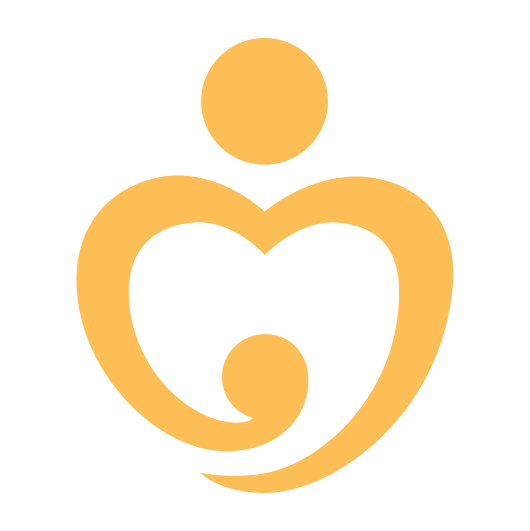
American Best Practices Related to Maternal and Neonatal Healthcare
Thank you for participating in this training program, funded by the U.S. Agency for International Development (USAID) American Schools and Hospitals Abroad (ASHA) division and One Heart Worldwide. The U.S. Agency for International Development administers the U.S. foreign assistance program, providing economic and humanitarian assistance in more than 80 countries worldwide.
The following are best practices that American healthcare service providers follow when working with pregnant, birthing, and postpartum women and their newborn babies. These practices are based on values that Americans hold dear, such as equality, diversity, and respect. We hope you will keep these practices in mind as you are working with women and infants to give them the care they need.
Respectful maternity care: This is defined as “care that ensures every woman and her baby are treated with care, respect and dignity, free from harm, and maintain absolute liberty and autonomy.”
Gender equality is defined by USAID as “the equal ability to attain and benefit from human rights, freedoms, socially valued goods, opportunities, and resources by all individuals independent of their sex and gender identity.”
Cutting-edge technology, in the context of our project, is defined by OHW as modern technology that is used, as part of standard or best practice, to provide quality healthcare training to MNH service providers; in addition, it may refer to modern technology that is used, as part of standard or best practice, to provide quality healthcare pregnant and recently postpartum women and their babies. Examples of cutting-edge technology include ventilator machines; baby warmers; medical manikins; and nursing simulators.
American-style pedagogies, in the context of our project, is defined by OHW as teaching methods that provide students with opportunities for hands-on learning experiences; in which the teacher is a mentor and resource for students; and where learning will be assessed not by rote memorization but by the skills and capacities each student demonstrates.
This website is made possible by the generous support of the American people through the United States Agency for International Development (USAID). The contents are the responsibility of One Heart Worldwide and do not necessarily reflect the views of USAID or the United States Government.


